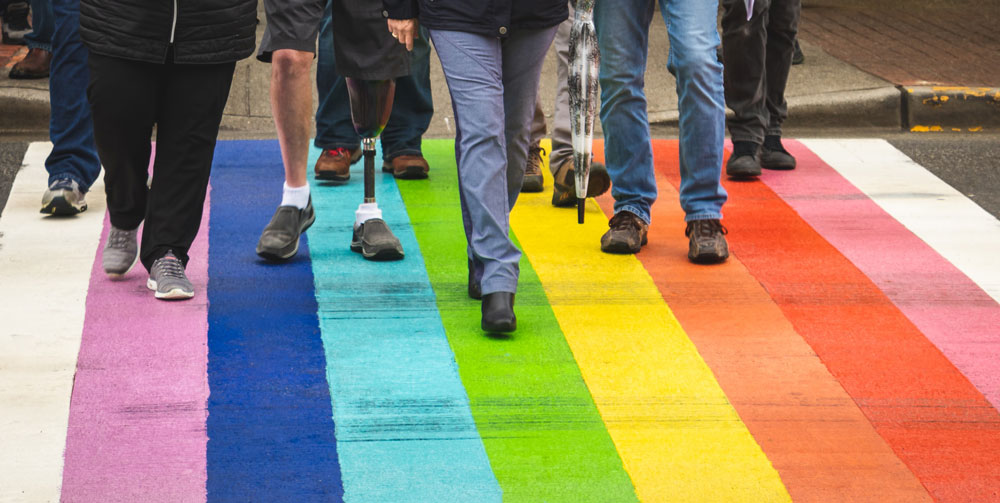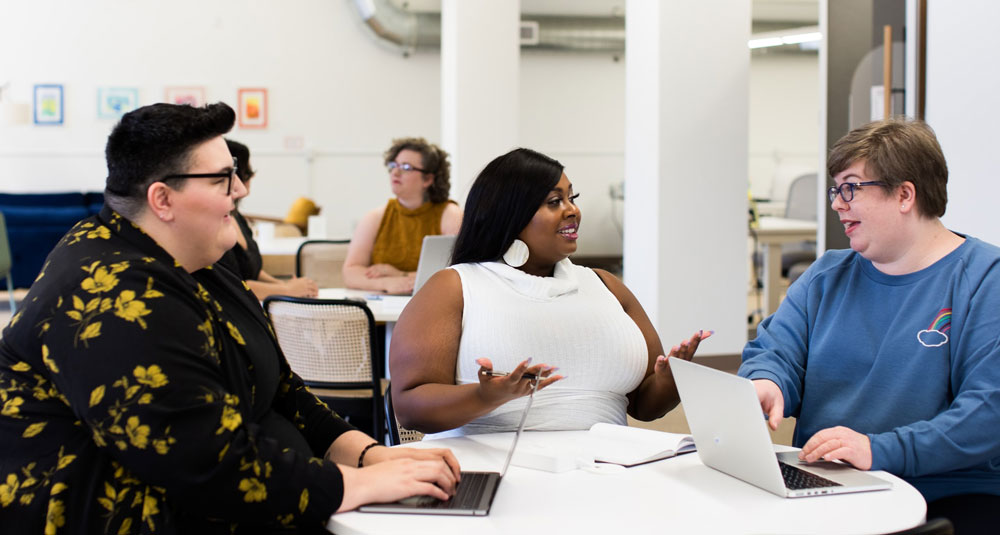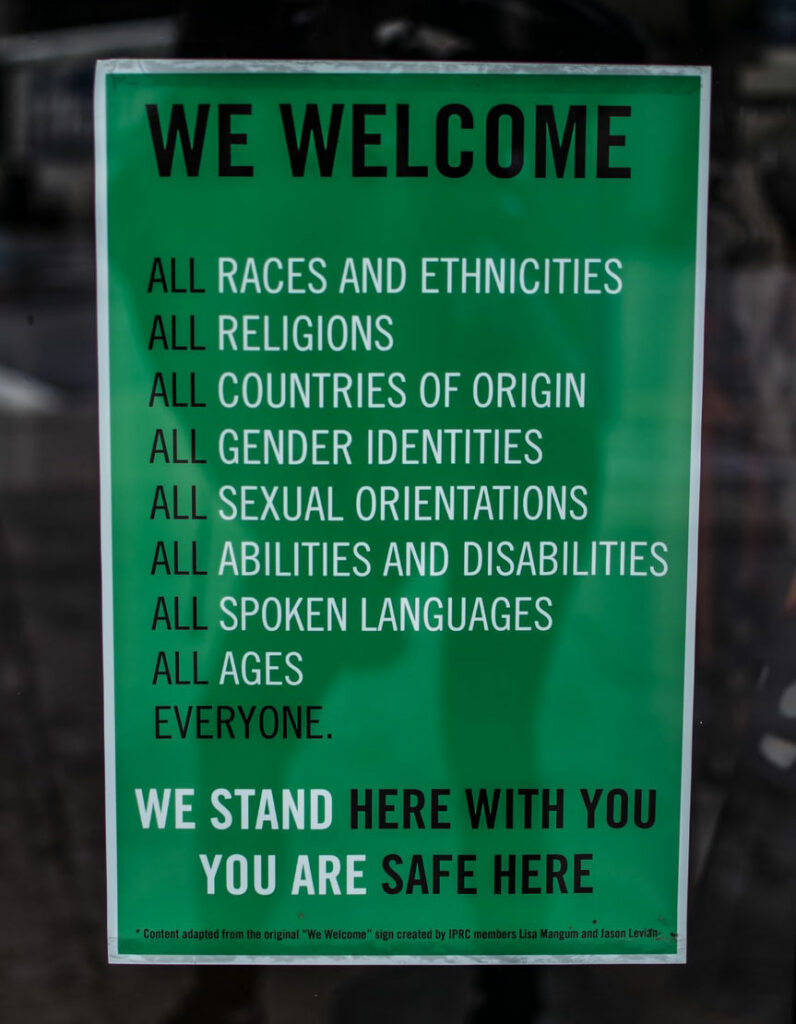4 Resources for Writing Inclusively

Writing with an inclusive lens takes practice and intentionality, particularly if you are a member of a privileged group. As PR and communications professionals, we have an opportunity to influence social conversation and make an impact through our writing and communication. Diversity, equity and inclusion should be at the forefront of everything we do as communicators, and being an effective ally is a lifelong learning process. To get started on writing more inclusively, here are four resources to guide your thinking and writing process:
1. National Center on Disability and Journalism
This database includes a disability style guide with suggestions on appropriate language and terminology, as well as brief descriptions of what certain terms mean and their connotations. There is also a disability library with news stories about people living with disabilities. You can also find tip sheets with best practices on interviewing people living with disabilities and concise guides to specific disability topics.

2. Follow APStylebook on Twitter
Language is continuously evolving, along with our social norms. To remain informed as communicators, social media can be an efficient tool to follow updates in real-time. The 55th Edition of the AP Stylebook was released earlier this year and it included new and additional guidance on topics like gender-neutral language and coronaviruses/education-related terms.
3. Conscious Style Guide
Covering a range of topics from appearance to socioeconomic status, the Conscious Style Guide is a database with a mission to help writers and editors think critically about using language “to empower instead of limit.” The guide is intended to help writers and communicators make more informed choices about the words, depictions, framing and representation they use.

4. Lexico
Depending on different factors like your age and where you grew up, there are certain phrases, slang words, etc. you grew up hearing that are considered antiquated and inappropriate to use today. Sometimes, we might not realize the mistake until we’re called out for using such language. This database is a great resource for researching a variety of words and phrases, including those you might have a hunch are problematic but aren’t sure of the origin or connotation.
As humans, we all make the occasional gaffe in writing or conversation, but it’s critical that we educate ourselves and leave antiquated and harmful terms at the door. Words leave a lasting impact on others, and have the power to heal or harm. If you find yourself unintentionally using harmful language, you cannot always guarantee you will be forgiven by those impacted. However, you can try to make amends by quickly apologizing to anyone you have hurt, recognize why the language was harmful, and take accountability by educating yourself and eliminating it from your vocabulary altogether. When we know better, we do better.
